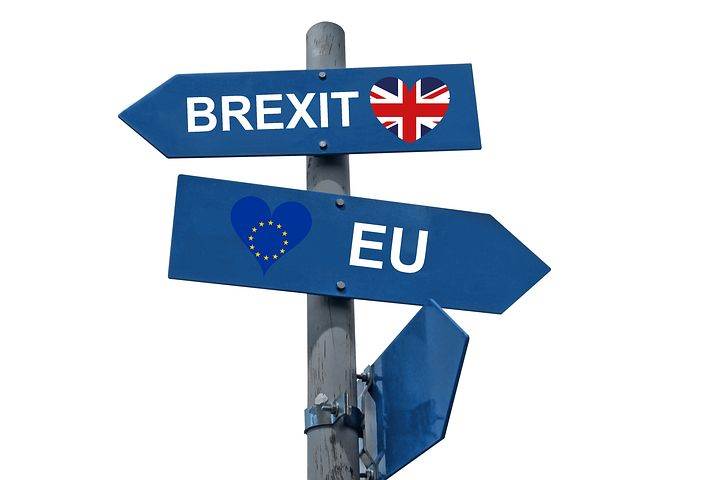The British Pound remains the big story in the market today, with the British Parliament voting for a second time to reject the European Union’s proffered divorce deal on Tuesday only 15 days ahead of its scheduled departure. At the time of writing, Parliament was a few hours away from a symbolic vote on “ruling out a no deal Brexit” which is expected to pass. The significance of such a passage is that if it were to pass, the British Parliament would then vote the next day (Thursday) on whether to instruct the Government to request a postponement of the Brexit departure date beyond 29th March 2019 from the European Union.
 This is where things start to get interesting. A postponement of Brexit beyond 29th March must be agreed unanimously by the governments of all the other 27 members of the European Union. This means that were a single E.U. member to refuse (Hungary and Italy currently being the leading candidates), Britain would be back to leaving on 29th March on “no deal” terms.
This is where things start to get interesting. A postponement of Brexit beyond 29th March must be agreed unanimously by the governments of all the other 27 members of the European Union. This means that were a single E.U. member to refuse (Hungary and Italy currently being the leading candidates), Britain would be back to leaving on 29th March on “no deal” terms.
What might happen next? Britain still has the option, right up to 11pm on 29th March, to unilaterally withdraw from its intended departure triggered by its invocation of Article 50 of the Lisbon Treaty almost two years ago. This would be a “nuclear option” which would effectively expose the destruction of British democracy, yet it remains a possibility, and I believe it is this possibility which explains why the British Pound is trading over 1% up on the day against the U.S. Dollar at $1.3216 at the time of writing. Expect that rate to be higher after the British Parliament votes Thursday to request an extension to the scheduled departure date.
For most people who know Britain, it is hard to believe that the British Parliament could ask the British people to vote on whether to leave the European Union, then refuse to implement the democratic instruction of the people. Yet it’s a sad truth that must be faced – Britain is on the brink of being exposed as a subject of the European Union, because that is what most of its elected representatives prefer to a full departure from the institutions of the European Union.
